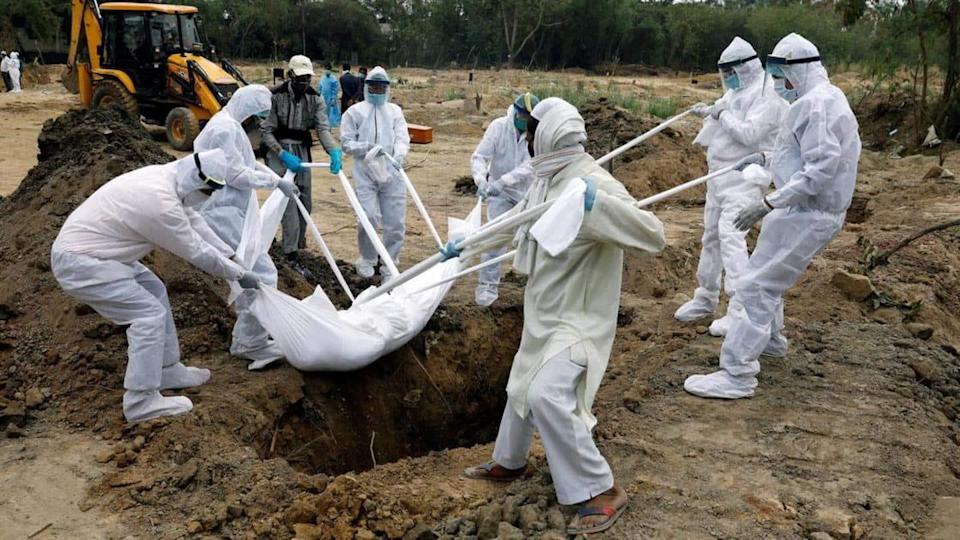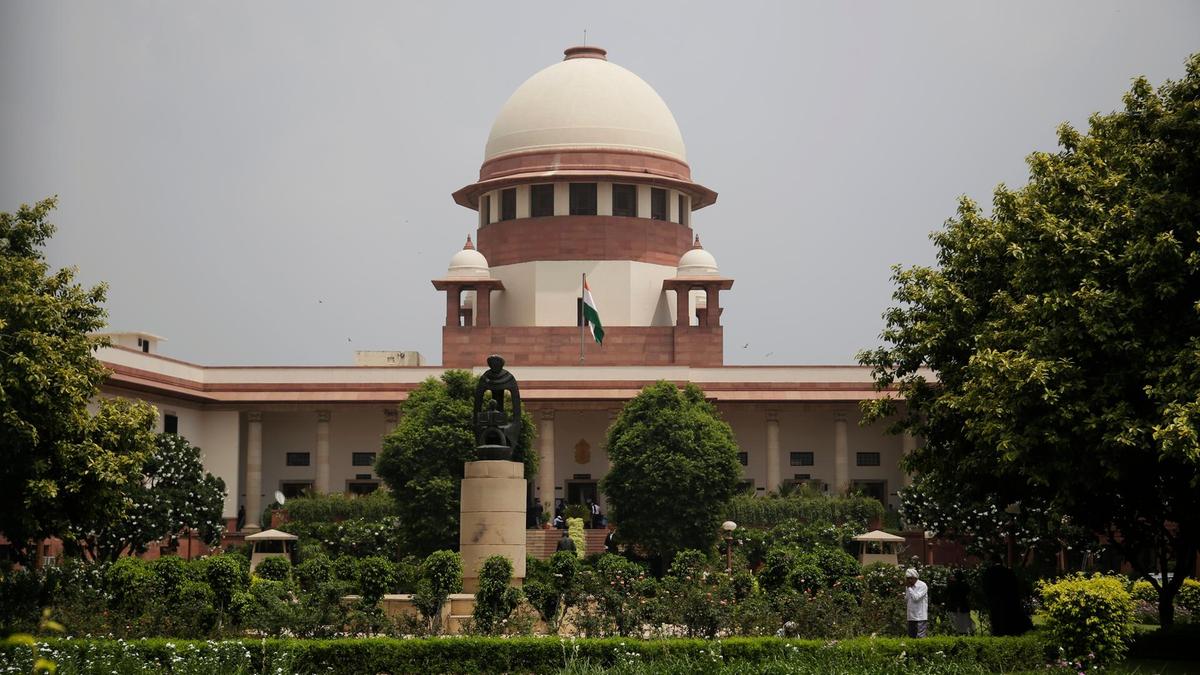A court in India’s capital New Delhi has become the last expect for numerous clinics attempting to get oxygen for Covid-19 patients as provisions run hazardously brief time government authorities quibble over who is capable.
A two-judge bench of the Delhi High Court has been holding practically every day video gatherings to hear petitions from medical clinics conjuring India’s established right to insurance of life. Neighborhood and government authorities are joining in.
The court’s mediation has saved lives, attorneys say.
On Sunday, with only 30 minutes of oxygen left for 42 infection patients at Sitaram Bhartia medical clinic, and new supplies no place in sight, clinic specialists moved toward the Delhi court “if all else fails” for help, legal advisor Shyel Trehan said.
The adjudicators requested the Delhi state government to quickly orchestrate supplies.
“Oxygen chambers showed up not long after the conference, and a tank showed up a couple of hours after the fact,” Trehan said.
The lack of clinical oxygen has tormented the city of 20 million individuals for around fourteen days, with remarkable scenes of patients passing on emergency clinic beds, in ambulances and in carparks outside, panting for air.
Delhi is recording around 20,000 new Covid-19 cases every day. As the wellbeing framework clasps, the city says it needs 976 tons of clinical oxygen every day, except gets under 490 tons, apportioned by the government.

Delegates of Prime Minister Narendra Modi’s administration, which is overseeing supplies broadly, have told the court they were doing all that is conceivable, and accused the Delhi government, run by an adversary party, for politicizing the issue.
The board of two appointed authorities, Vipin Sanghi and Rekha Palli, has heard legal counselors for Modi and the nearby organization fight over oxygen amounts, transport issues and an absence of big haulers.
Also, now and then, the adjudicators have lost their cool.
Throughout the end of the week, when Delhi state agents again hailed worries that oxygen supplies were not showing up on schedule, putting patients’ lives in danger, Justice Sanghi lashed out at authorities, saying the “Water has gone over the head. Enough is enough…enough is sufficient.”
In late April, Sanghi pulled up government authorities, saying they ought to “ask, acquire, take or import” oxygen supplies to address the city’s issues,
He said the state “can’t say ‘We can give just this much and no more,’ so if individuals bite the dust, let them kick the bucket”.
‘Like water for fish’
The two governments, administrative and that of Delhi, are confronting analysis for not being sufficiently ready for the flood in contaminations. Since late April, a portion of the city’s best medical clinics have asked the court for help.
“In addition to the fact that this is remarkable, at the present time this (court) hearing is in a real sense like water is for fish,”
said Prabhsahay Kaur, another legal advisor who moved toward the court for an emergency clinic’s oxygen needs and found support.
In any case, scenes of distress, criticalness and disappointment play out each day.
At one hearing a week ago, an attorney for the neighborhood government called an oxygen provider by phone, putting the approach speaker, to inquire as to why chambers had not arrived at one emergency clinic, while the appointed authorities persistently tuned in to the appropriate responses.
On Sunday, one legal counselor broke into contentions to say his clinic had only one hour of oxygen supplies left, while at the same time someone else argued that patients could “begin biting the dust” at his office.
Minutes after the fact, another boisterous voice said:
“hundred and forty patients. One hour left. We are in a difficult situation … there is an emergency,”
as an adjudicator attempted to quiet the speaker and encouraged state specialists to make a quick move.
In another trade, a home service official said its officials were chipping away at a conflict balance and looked for the endowments of the court.
India’s Solicitor General Tushar Mehta, addressing the government, said, “We urgently need … God’s endowments”.










